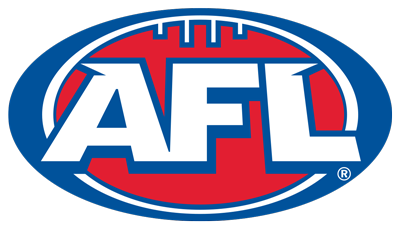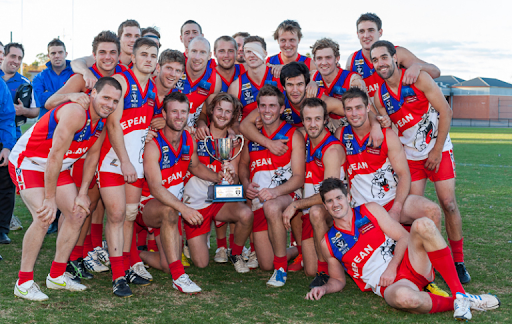Mornington Peninsula Nepean Football League
Last updated on May 20, 2024 at 08:18 am
Posted on May 20, 2024 at 08:18 am
The Peninsula region’s football league, established in 1987, boasts a rich history dating back to 1897 with the Peninsula FA. Structural changes in 2017 introduced a two-tier system, enhancing competitiveness. Clubs like Frankston YCW and Pines have marked their prowess with consistent success. Intense club rivalries, especially in derby matches, elevate the excitement for fans and players alike. Expansion efforts integrate diverse communities, amplifying engagement and fostering inclusivity. From its inception to present day, the league’s evolution and rivalries narrate a compelling story of tradition and growth, shaping the essence of the sport.
League Formation and History
The foundation of the Football League in the Peninsula region can be traced back to the amalgamation of the Mornington Peninsula FL and Nepean FL in 1987, marking a significant milestone in the rich footballing history of the area dating back to 1897. The Peninsula region has a long-standing tradition in football, with the establishment of the Peninsula FA in 1908 and the introduction of the Nepean League in 1958. The early development of the league saw the absorption of the South West Gippsland FL in 1995, further solidifying its reach and influence. These league origins laid the groundwork for the structured growth and evolution that would follow in the subsequent years.
Structural Changes and Reorganization
Undergoing a series of strategic adjustments, the Football League in the Peninsula region implemented structural changes and reorganization to enhance its competitive framework and operational efficiency. This evolution included the introduction of a two-tier relegation-promotion system in 2017, aimed at increasing competitiveness and providing a pathway for clubs to move between divisions based on performance. Additionally, the league underwent a rebranding initiative to modernize its image and attract a wider audience, aligning with contemporary trends in sports marketing and branding strategies.
Introduction of a two-tier relegation-promotion system
Rebranding efforts to enhance the league’s image
Focus on operational efficiency and competitive balance
Champions Through the Years
Over the course of the Football League’s history in the Peninsula region, various clubs have emerged as champions, showcasing a rich tapestry of success and competitive prowess. The champions’ legacy is imbued with success stories from esteemed clubs like Frankston YCW, Pines, Edithvale-Aspendale, and Mornington. These clubs have consistently demonstrated their top-performing abilities, earning prestigious titles annually since 1988. The records of scores and victors have been meticulously maintained, reflecting a diverse range of clubs achieving remarkable success throughout the years. Their triumphs not only highlight their sporting excellence but also contribute to the league’s vibrant history, fostering a culture of competition and excellence that continues to inspire both players and fans alike.
Club Rivalries and Competitions
Emerging from the rich history of league champions, the intense club rivalries and competitions within the Football League showcase a dynamic tapestry of competitive spirit and community engagement.
Derby matches electrify the atmosphere with heightened emotions and historical significance.
Fan engagement reaches fever pitch during clashes between long-standing rivals, enhancing the overall experience.
The competition between clubs not only fuels the players’ determination but also unites communities in passionate support for their respective teams.
These rivalries serve as the backbone of the league, adding an extra layer of excitement and intensity to every match while fostering a sense of belonging and camaraderie among fans and players alike.
Expansion and Community Integration
Within the Football League’s strategic development framework, the integration of new clubs and expansion into diverse regions and communities has been a pivotal focus, fostering a broader platform for talent cultivation and inclusivity. Integration initiatives have seen the league incorporate new clubs over the years, enriching competition and community engagement. Community outreach programs have been instrumental in expanding the league into different regions and suburbs, ensuring a more inclusive and representative participation base. By actively involving diverse communities and demographics, the league not only broadens its reach but also plays a significant role in nurturing local talent and development. Efforts to promote inclusivity and diversity within the league underscore a commitment to creating a vibrant and welcoming environment for all involved.

